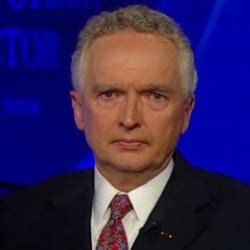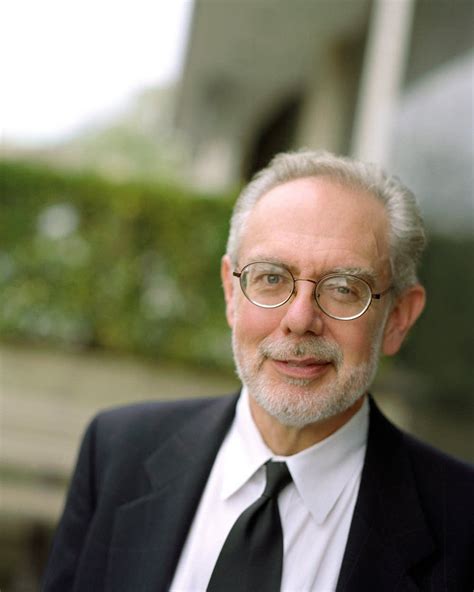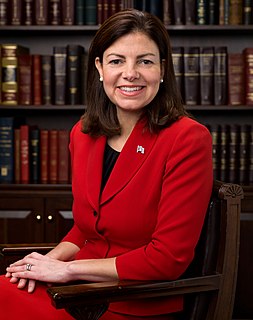A Quote by Al Franken
Putin has had many positive experiences working with Western political leaders whose business interests made them more disposed to deal with Russia.
Related Quotes
People take the lazy way out, and do not regard Putin and the Kremlin as the real enemy. They create a long but erroneous chain in their heads. Putin is the leader of Russia. Putin does X, therefore Russia is doing X, and Russia is our enemy. And so, we introduce sanctions, for example, against Russia.
Putin has made life difficult for a lot of Russia's richest men; they don't like the sanctions; they don't like the war with the West. Many of them have houses and families and businesses in the West, and so I can see them being unhappy. But at the moment, the political system is so constructed that it would be very difficult for them to leave. That's not saying it couldn't change.
It shouldn't surprise any American to know that Russia uses its money and its intelligence services to spread disinformation, use subterfuge and deception and manipulation, to try to divide political opinion within the United States, within any Western European country, or among NATO countries. That's one of the techniques that Russia has used for decades, during the Cold War and during the Putin era.
Putin imagined it would be different. So, like many Russian leaders before him, he imagined that Ukraine was basically Russia, but they speak with a funny accent. Actually, it's not Russia; it has a different identity. It has a very different language. Russians don't automatically understand Ukrainian. And, in particular, the way Ukraine has developed over the last two decades is different from the way Russia has developed.
A zeal for different opinions concerning religion, concerning government, and many other points, as well of speculation as of practice; an attachment to different leaders ambitiously contending for pre-eminence and power; or to persons of other descriptions whose fortunes have been interesting to the human passions, have, in turn, divided mankind into parties, inflamed them with mutual animosity, and rendered them much more disposed to vex and oppress each other than to co-operate for their common good.
Quite frankly, I have to admit that with regard to the enormous financial assets and funds of Russian leaders in Western banks and on stock markets, the chances for the West to exert influence on Russia are quite low. I doubt that Western leaders are willing to exert pressure. I would not exclude an intervention in case of a crisis.
Vladimir Putin doesn't really gain anything economically from annexation of Crimea. It's more a gain of power. It's a gain of what he can say to his home population about what he's accomplished as president. And so it's really much more an individual gain for Putin politically than for Russia as a state, because over the long term, Russia is not going to particularly benefit from this.
I think Hillary Clinton is more suspicious, clearly tougher on Russian policy in Ukraine, Georgia, Syria; more willing to support sanctions; not against negotiating with Putin, but I would say tougher and more skeptical. And Donald Trump has talked about revisiting policy towards Ukraine, revisiting policy about sanctions towards Russia, not as quick to criticize Putin for what he might be up to in Syria and propping up the regime there - so just seems to be more open to the possibilities of working out some kind of a - I guess you'd call a modus vivendi with Putin.
People want leaders. Not ideologues. Not people whose life experiences have been so narrow that they've been able to maintain the purity of their youthful ideals. Not people whose principal contact with political life comes in the form of speeches and sound bites rather than decisions and responsibilities.

































